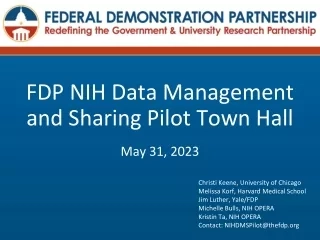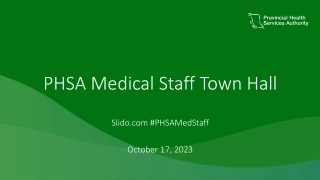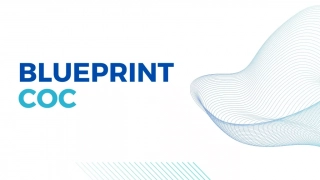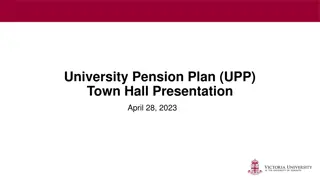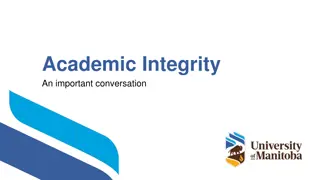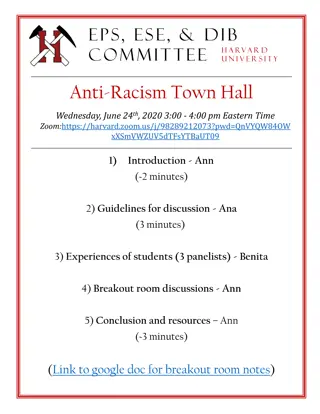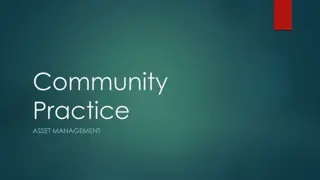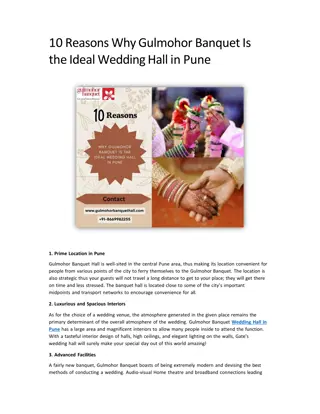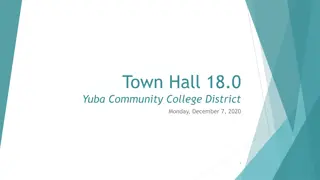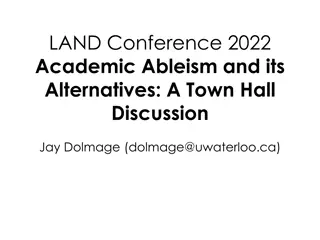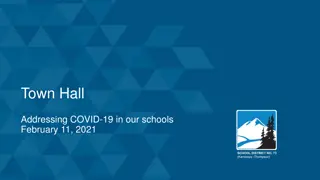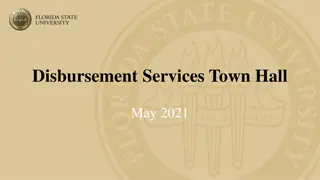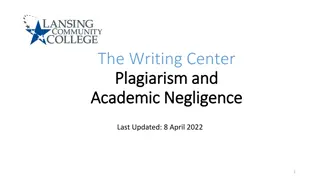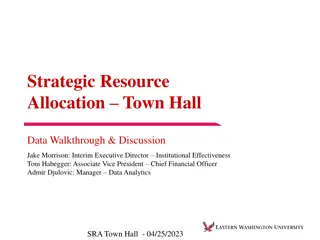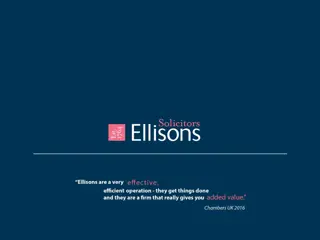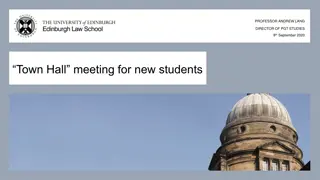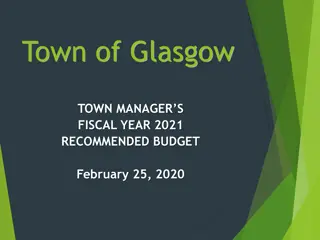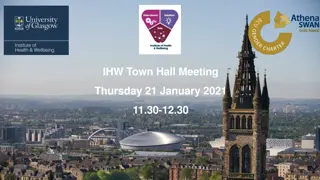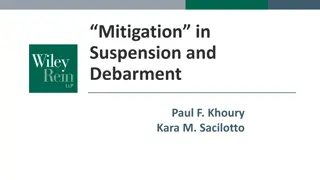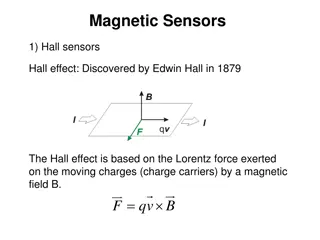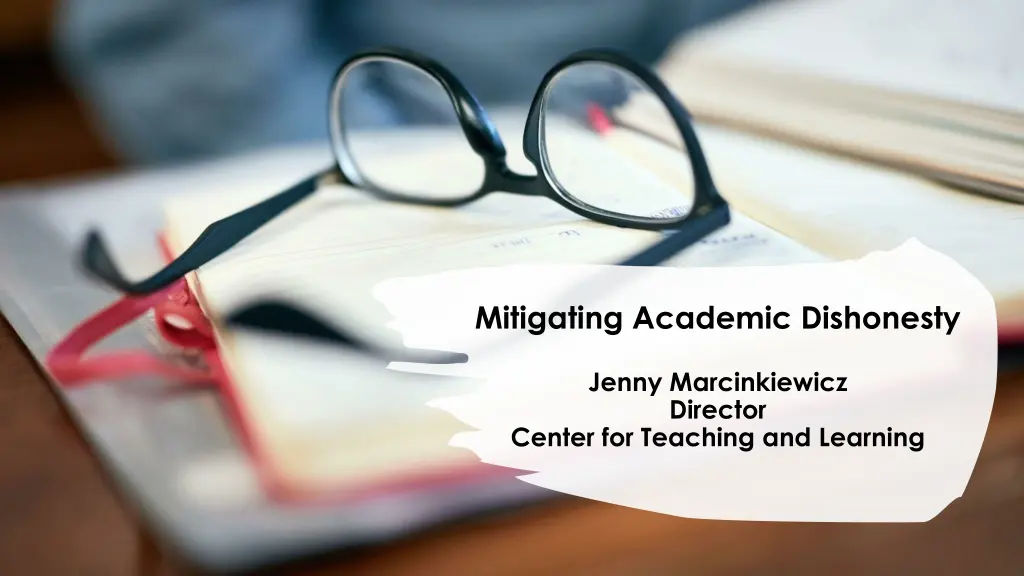
Effective Strategies to Prevent Academic Dishonesty in Higher Education
Learn valuable techniques such as reinforcing values, constructing exams strategically, incorporating alternatives to traditional exams, assessing knowledge through various assignments, and assigning creative projects to promote academic integrity and prevent cheating in academic settings.
Download Presentation

Please find below an Image/Link to download the presentation.
The content on the website is provided AS IS for your information and personal use only. It may not be sold, licensed, or shared on other websites without obtaining consent from the author. If you encounter any issues during the download, it is possible that the publisher has removed the file from their server.
You are allowed to download the files provided on this website for personal or commercial use, subject to the condition that they are used lawfully. All files are the property of their respective owners.
The content on the website is provided AS IS for your information and personal use only. It may not be sold, licensed, or shared on other websites without obtaining consent from the author.
E N D
Presentation Transcript
Mitigating Academic Dishonesty Jenny Marcinkiewicz Director Center for Teaching and Learning
Values Reinforcement Kent State Honor Pledge Reiterate the value of course skills/knowledge to their futures Reinforce intrinsic motivation
Exam Construction Varied question types (short-answer, essay, application) Multiple exam versions details changed wording changed Random order of questions Random answer order Use question pools in Bb Creative questions (difficult to google, easy to detect similar answers)
Considerations for Quantitative Courses (e.g. STEM) Conceptual questions what is the next step in solving this problem? Explain your answer. Identify an error in the solution to a problem. Why is it wrong? Change details in questions (randomize values, change the wording of questions) Avoid textbook question banks Avoid questions that are only simple computations consider more application- based questions so that students must identify how to apply what they ve learned. *Be sure to practice this skill in class!
Alternatives to Exams More frequent, low-stakes quizzes Student-authored quiz questions Fact sheets, memos, briefs Projects & presentations Assignments
Demonstration of knowledge Explain multiple choice answer (why right/wrong) Use key terms in a paragraph Concept maps Diagram
Assignments to assess analytical skills Analysis & response to case study, data, performance/art Debate Memo or executive summary Chart, diagram with explanation Literature review
Creative Assignments Advertisement Proposals Brochures Fact sheets Web page (Adobe Spark) Podcast Letter to the editor Art
Further resources https://sasoue.rutgers.edu/teaching-learning/remote-exams-assessment#resources-for-writing-multiple- choice-exams https://www.facultyfocus.com/articles/educational-assessment/fourteen-simple-strategies-to-reduce- cheating-on-online- examinations/?utm_source=ActiveCampaign&utm_medium=email&utm_content=Fourteen+Simple+Strategi es+to+Reduce+Cheating+on+Online+Examinations https://www.insidehighered.com/blogs/confessions-community-college-dean/sneaky-assignments https://citl.indiana.edu/teaching-resources/assessing-student-learning/alternatives-traditional-exams- papers/index.html https://teaching.berkeley.edu/resources/improve/alternatives-traditional-testing

